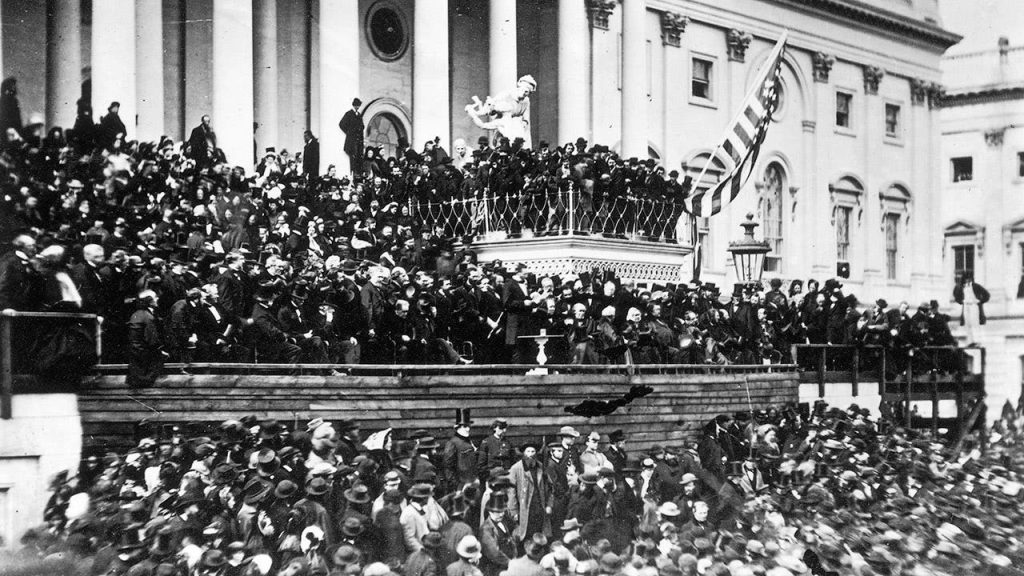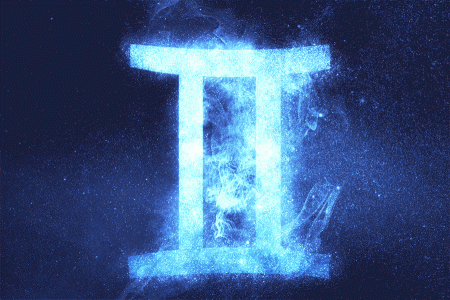Abraham Lincoln, during the Civil War, issued a stirring Thanksgiving proclamation on Oct. 3, 1863, calling for spiritual unity. It was the first time a specific date, the last Thursday in November, was set aside for Thanksgiving. The tradition of Thanksgiving in America dates back to the Pilgrim and Wampanoag feast of 1621, with other presidents issuing similar proclamations. Lincoln’s inspiration for the proclamation came from Sarah Josepha Hale, who advocated for a national day of Thanksgiving to become a permanent American custom.
Lincoln’s proclamation, written by Secretary of State William Seward, expressed gratitude amidst the turmoil of the Civil War. He reflected on the country’s growth and development despite the challenges of the war, with the population steadily increasing. The proclamation acknowledged the gracious gifts of God, calling for one heart and one voice from the American people to give thanks. Despite the suffering caused by the war, Lincoln remained hopeful for a future of freedom, strength, and vigor, seeking healing and restoration for the nation through divine intervention.
The proclamation highlighted a period of trauma in American history, following the Battle of Gettysburg and just before the attack on Pearl Harbor. The decision to make the fourth Thursday in November a federal holiday under President Franklin D. Roosevelt in 1941 solidified Thanksgiving as a national tradition. Both the Pilgrims and Lincoln found solace in faith during times of hardship, emphasizing the importance of gratitude and unity in the face of adversity.
Lincoln’s call for healing in the proclamation echoed his sentiments in his second inaugural address, where he emphasized reconciliation and forgiveness. The holiday decree acknowledged the nation’s wounds and called upon the Almighty Hand to bring peace, harmony, and union to the country. Lincoln’s gift for writing and his ability to capture the spirit of the nation during challenging times are evident in the proclamation, showcasing his leadership and vision for a brighter future.
The proclamation was a powerful call to acknowledge the blessings amidst the strife of the Civil War, urging Americans to come together in gratitude. Despite the loss and devastation of the war, Lincoln’s words offered hope for a future of peace and freedom. The tradition of Thanksgiving continues to be celebrated as a time to reflect on the nation’s blessings and come together in unity. Lincoln’s proclamation remains a poignant reminder of the importance of resilience, gratitude, and faith in times of crisis.














